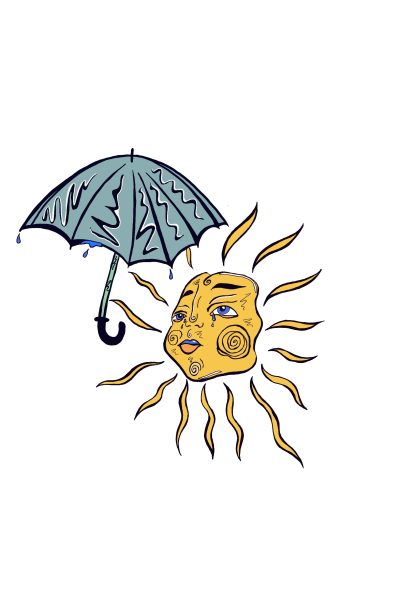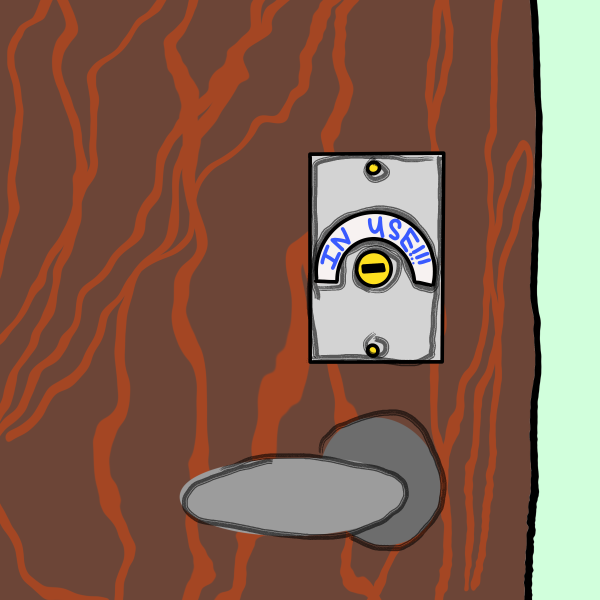Daylight savings time
March 16, 2016
If you haven’t moved your clocks ahead by the time you are reading this, then you should probably stop reading this and go move your clocks ahead by one hour. For whatever reason, Americans (and Brits, Brazilians and citizens of 67 other countries) still observe this antiquated system of time adjustment. Many people are under the impression that Daylight Savings Time began as a means to give farmers more hours in the day as the seasons shifted and the sun’s rising and setting grew later in the day. This is not true. In fact, Daylight Savings Time has its origins in World War I-era Germany, where military leaders enacted it to save fuel by giving pilots fewer hours of light during which to fly their crafts. This seems like a fairly specific situation; surely modern America can do without this archaic form of fuel-rationing.
Arizona and Hawaii are the only states that do not recognize daylight savings time. Arizona is so hot that the extra hour does not benefit much of its residents; they benefit more by not spending time outside in the heat. Hawaii is so close to the equator that the amount of sunlight they receive is nearly the same year-round.
Even when clocks are set back one hour, it still makes no sense. The sun is out for the same amount of time. Clocks are not what we use to wake up and fall asleep by; human biology is set by light, or the sun, to fall asleep and wake up. When there is an absence of light, melatonin production increases, resulting in sleepiness. We don’t get sleepy because a clock says 10 o’clock. We get sleepy because biology dictates it is time for rest. Studies have shown that the week after daylight savings time, people tend to get in more car crashes and more work related accidents.
As college students, we may not always boast terrific sleep schedules. Regardless, students still value what time they have for rest in between classes, basic bodily needs, and extracurricular activities, all while attempting to retain sanity and a social life.
While we continue to talk about this only around Daylight Savings Time, we will probably never see it changed within our lifetime.





